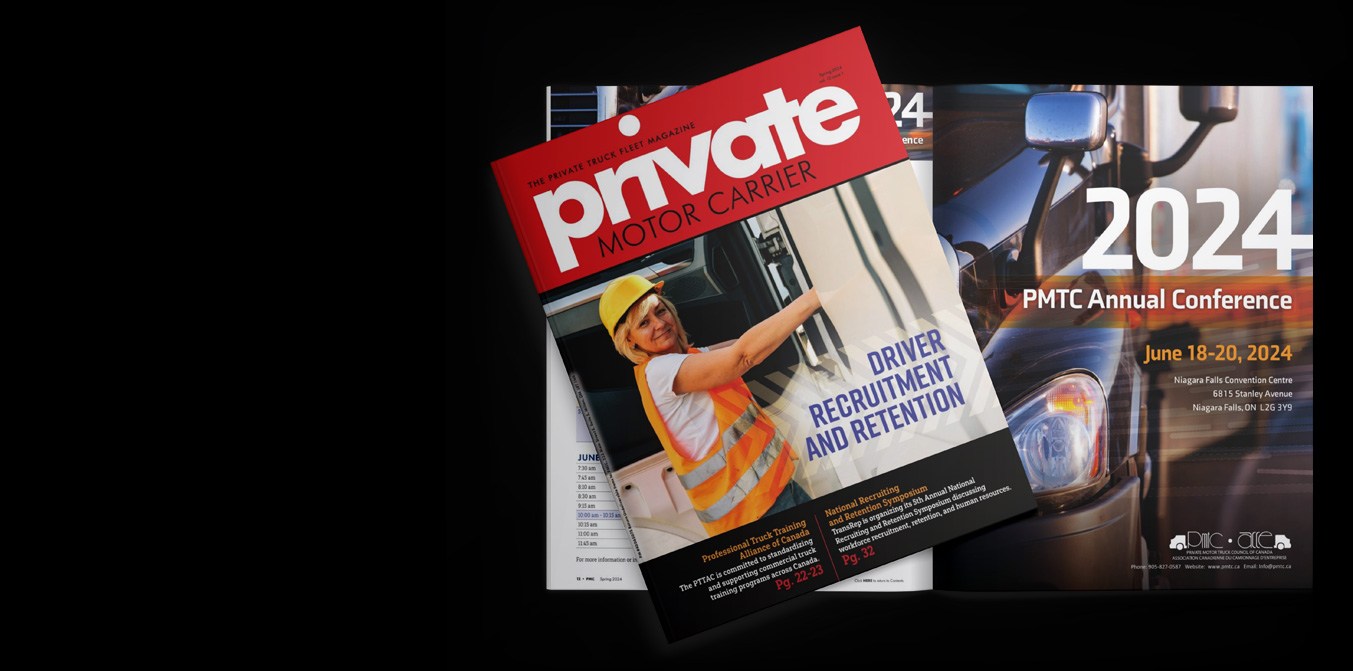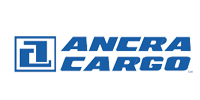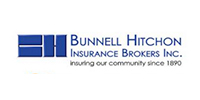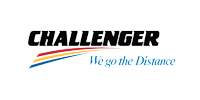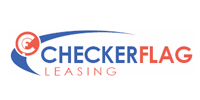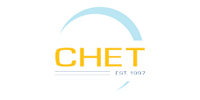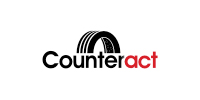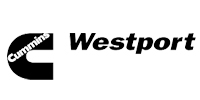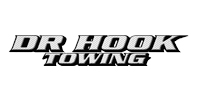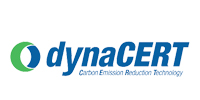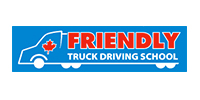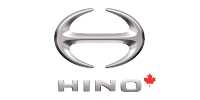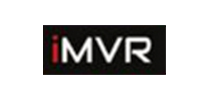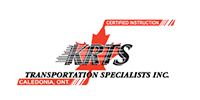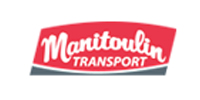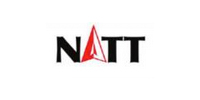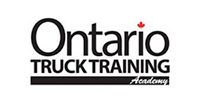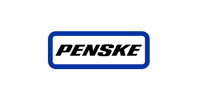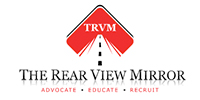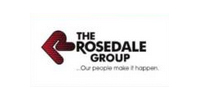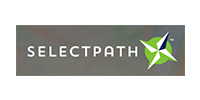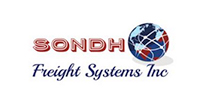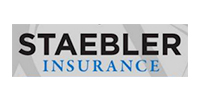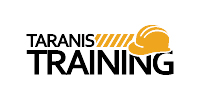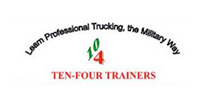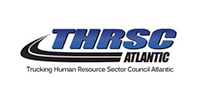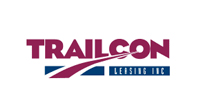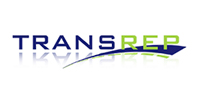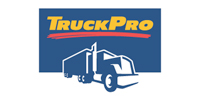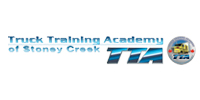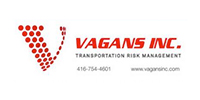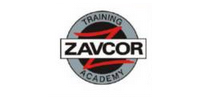Look beyond the premiums alone when shopping for insurance
Eric Moreau is responsible for dispatching a fleet of 22 vehicles all over southern Ontario, but few of the people who steer the wheels would identify themselves as professional drivers. They’re hired first and foremost as HVAC technicians, and use their vans to carry parts and equipment needed to install heating and air conditioning systems on behalf of Fred Hook Ltd., a factory-authorized Carrier dealer based in Midland, Ontario.
He keeps tabs on the HVAC work, but relies on the company’s insurer to help audit efforts behind the wheel.
“Our insurance company will check and evaluate our drivers. If there’s a guy who has a number of speeding tickets, a red light comes on and we get a call to say that this guy can’t drive in our fleet anymore,” Moreau says. Nobody would argue that it’s important to monitor insurance premiums as an operating cost, but private fleet managers can also rely on their insurers to provide other support just like this.
Insurers say fleet managers can bettercontrol the cost of insurance premiums and improve business operations by adopting a culture of risk management rather than viewing insurance as a cost to be minimized. This means focusing on factors such as what a policy should cover, data that can identify emerging risks, and value-added services that can minimize damages in the event of a collision or any other type of loss.
Many larger insurers now offer specialized services such as driver training, safety courses, legal advice, protection against cargo theft and fraud, and cyber theft prevention. It all starts with risk consulting and training solutions tailored to a specific operation, says Avi Goldberg, a transportation insurance broker at Marsh Canada. “The insurance world in the next three to five years is going to look a lot different.
Insurance companies and brokers and insureds who buy and sell on price only are going to be left behind,” he says. The basic vehicle and general liability coverage remain largely unchanged, but insurance companies are adapting their policies and services to meet the changing realities facing private fleets of every size.
Goldberg says that, before carriers even begin to look at their insurance needs, they should develop a comprehensive risk management strategy. “There is no point putting coverage in
place and not having a risk management program in place,” he explains. “Everybody needs to know what the requirements are.”
Although the add-on inclusions will drive up a fleet’s upfront insurance costs, the flipside is facing an uninsured risk that could potentially shut a carrier down or result in huge damages – not only to the company, but to the directors who are often now held personally or even criminally responsible.
“We tend to deal only with fleet companies who have a risk management program in place because then it’s not just about pricing,” says Goldberg. “We show them that, when you have a good risk management program in place, your overall premium will be less. Potentially having no risk management in place can shut you down because there are other issues.”
A dedicated risk manager who understands the needs of a fleet’s parent company and the personnel who actually operate the trucks can work closely with a broker or insurer to tailor
coverage specific to an operation.
Another add-on service offered by some insurers is help with recruiting, training and retaining good drivers. Insurance companies have a vested interest in minimizing risks by ensuring the drivers employed by the fleets they cover are safe and reliable.
Some insurance companies now offer their fleet customers indirect training through safety bulletins, information updates and seminars, and driving schools. Northbridge Insurance provides its customers with a comprehensive driver-training program that includes classroom and highway instruction, defensive driving practices as well as driver evaluations.
“We give carriers the tools to help entry-level drivers,” says Scott Creighton, manager of risk services, transportation and logistics for Northbridge Insurance. “You’re setting the driver up for failure if you don’t put this in place.”
Creighton says they assess accident reports and will often offer training solutions as a result. For example, if a carrier reports a sideswipe accident, it might be as simple as teaching drivers how to properly use their mirrors. “When you have all three mirrors adjusted properly, you can see 18 lanes of traffic. It’s unbelievable,” he says.
Goldberg applauds the training efforts but says some fleets hesitate to allow insurance companies access to their operation.
“A lot of insureds look at this as an infringement of their privacy. It’s matter of having an open and direct dialogue with your broker, with your insurance companies and knowing your company and your underwriter. You have to communicate face to face to go over perils, exposures, pricing and different requirements.”
Those perils and exposures now include considerations like cargo theft, cyber theft and environmental damages. Cargo theft has been a major insurance risk in recent years. It’s estimated as much as $500,000 of cargo is stolen daily from the Greater Toronto Area, which has the highest rate of cargo theft in Canada. Carriers who have fallen victim to this crime know the financial implications of paying out deductibles and higher premiums.
Cargo theft inclusions on some policies go beyond covering losses. Insurers are working with carriers to develop technology, secure yards, and ensuring carriers and shippers fully understand their obligations. High-tech solutions include satellite systems, two-way camera systems, and security chips embedded in the cargo to deter theft.
“We are strategically doing loss control inspections and meeting with customers,” says Goldberg. “We’re no longer relying on old fashioned trucking. We’re relying on technology.”
The options do not always come at a high cost. Creighton says Northbridge consultants will often just recommend commonsense solutions, like making everybody wear some kindof identification and putting up an electronic gate to prevent people from wandering in unnoticed. Some insurers are also tying into data to offer coverage based on safety records.
Fleets whose analytics demonstrate the best driving and safety practices earn lower premiums, with discounts ranging from 15% to 25%. Insurers are also more apt to reward carriers who show they’re willing to directly participate in the process.
One of the latest inclusions to consider is protection from cyber theft. Northbridge, for example, offers coverage for losses resulting from a network security breach, such as a computer virus that has been downloaded and inadvertently transmitted to a customer. Insured are covered for misplaced laptops and for hackers who post damaging content on
a website. A tailored cyber risk option provides policy limits up to $2 million for qualifying businesses.
Creighton says his team works with customers to minimize cyber theft by setting up policies and procedures like making sure data is encrypted, restricting employees from bringing their own devices to work, and instituting proper password security. “People get upset when they are restricted on websites but that security is there for a reason,” he says.
Goldberg says some large fleets are now including extra coverage for their directors and officers to protect against workplace scenarios like lawsuits for sexual harassment and wrongful dismissal. He says they also need to look at protection from environmental mishaps like diesel spills that may happen outside their own premises. Environmental coverage usually includes a formal loss prevention plan that outlines the steps everybody involved needs to take immediately after a spill. Drivers are instructed who to call first and the insurance company or broker will assist with providing accident investigators or legal counsel.
Large fleets aren’t the only ones who have to carefully consider their insurance needs.
Scott Noftie, a broker with Causeway Insurance, who specializes in small carriers, says the same risks like cargo theft and spills apply to individual drivers who need to own and operate their own equipment. “I don’t talk about price with them. I talk about what you need to do to stay in business,” he says.
That might involve options like downtime programs which provide income while the truck is off the road. Write offs, theft and major mechanical breakdown coverage is also available.
Creighton says no matter what coverage is considered, a fleet should first ensure they have a risk management culture that emphasizes training and safety in all aspects of the operation. Everybody in the company, especially senior managers and owners, all need to do their part. “We as consultants go in, and we’re asked right away to show them how (an assessment) can save them money. I press upon them the importance of what it can do for them. Preventing one crash saves you from having to pay the deductible,” he says. “That’s saving you money right away.”
- Mike Beaudin is an Ontario-based freelance writer.


